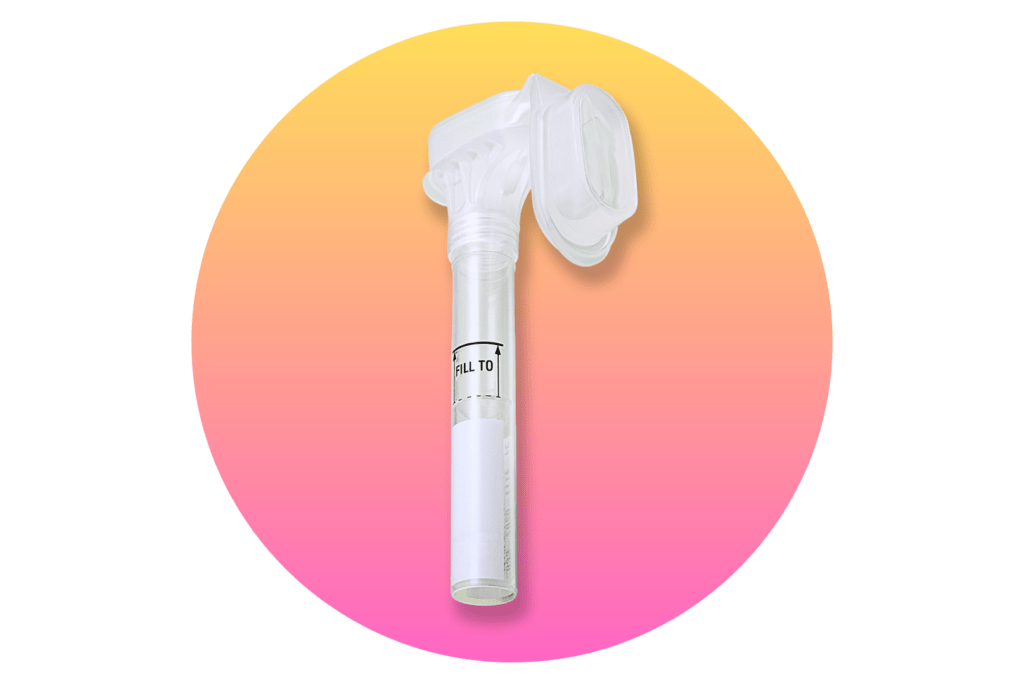Exploring Epigenetics: Beyond Genetics

Aging is a marvelously intricate journey that every living organism embarks upon, each with its unique story to tell. From the smallest microorganisms to the grandest mammals, the passage of time leaves its indelible mark. Delving into the science of aging unveils a fascinating tapestry of biological processes, each contributing to the intricate mosaic that defines this universal phenomenon. In this blog post, we embark on a comprehensive exploration of the twelve hallmarks of aging, unraveling their nuances and shedding light on the remarkable mechanisms that shape our journey through life.
Genomic Instability: The Fragile Threads of Time
Epigenetics is the study of changes in gene expression or cellular phenotype that do not involve alterations in the underlying DNA sequence. In simpler terms, it’s like the conductor of an orchestra, determining which genes play a tune and when. These changes are reversible and heritable, meaning they can be passed down to offspring. Unlike mutations that change the genetic code itself, epigenetic changes affect how genes are turned on or off, influencing their activity without changing the actual sequence of nucleotides.
Epigenetic Mechanisms
There are several key epigenetic mechanisms at play, including DNA methylation, histone modification, and non-coding RNA interactions. DNA methylation involves adding a chemical group to the DNA molecule, often leading to the repression of gene expression. Histone modification, on the other hand, alters the proteins around which DNA is wound, affecting how accessible certain genes are. Non-coding RNAs, like microRNAs, play a role in gene silencing by binding to messenger RNAs and preventing their translation into proteins.
Environmental Influence
One of the most intriguing aspects of epigenetics is its response to environmental factors. The experiences we have, the food we eat, the pollutants we encounter—all of these can leave epigenetic marks on our DNA. Studies have shown that stressful experiences, diet, and exposure to toxins can alter epigenetic patterns, potentially leading to health outcomes such as chronic diseases. This connection between environment and genetics challenges the once-solid nature vs. nurture debate, showing that both factors intertwine to shape our lives.
For instance, a healthy diet rich in nutrients and antioxidants can promote positive epigenetic changes that support overall well-being. Conversely, exposure to stressors or toxins might lead to unfavorable modifications that contribute to disease.
Epigenetics and Health
Epigenetics plays a pivotal role in health and disease. Researchers are uncovering how epigenetic changes contribute to conditions such as cancer, neurodevelopmental disorders, and autoimmune diseases. Understanding these mechanisms could lead to innovative therapies that target the underlying epigenetic causes of diseases. Furthermore, epigenetic research has the potential to revolutionize personalized medicine, as it may help predict an individual’s susceptibility to certain health conditions based on their epigenetic profile.
The Intergenerational Impact
Perhaps one of the most remarkable aspects of epigenetics is its ability to influence not only our lives but the lives of generations to come. Some epigenetic changes can be passed from parents to offspring, potentially impacting the health and traits of future generations. This phenomenon highlights the importance of considering not just our own well-being but that of our descendants as well.

Benefits of Epigenetic Testing
As our understanding of epigenetics grows, so does the potential for practical applications. Epigenetic testing, which analyzes the epigenetic marks on your DNA, can provide valuable insights into your health and well-being. Here are some benefits of getting tested for epigenetic markers:
Personalized Health Insights: Epigenetic testing can reveal information about your genetic predisposition to certain diseases, allowing you to make informed decisions about your lifestyle and healthcare choices.
Early Disease Detection: Some epigenetic changes occur before the onset of symptoms. By detecting these changes early, healthcare professionals can intervene and potentially prevent the development of diseases.
Tailored Treatment Plans: Epigenetic information can guide the development of personalized treatment plans that target the underlying epigenetic causes of diseases, leading to more effective interventions.
Lifestyle Adjustments: Knowledge of your epigenetic profile can motivate you to make positive lifestyle changes, such as adopting a healthier diet, managing stress, and avoiding environmental factors that may contribute to negative epigenetic changes.
Reproductive Health: For those planning to have children, epigenetic testing could offer insights into potential heritable epigenetic factors that might affect offspring health.
Conclusion:
Epigenetics offers a captivating glimpse into the intricate world of gene regulation and expression. It underscores the interconnectedness of our genetic makeup, experiences, and environment, shaping who we are and who we’ll become. As research continues to unravel the complexities of epigenetics, we stand on the brink of transformative advancements in medicine, genetics, and our understanding of life itself.
